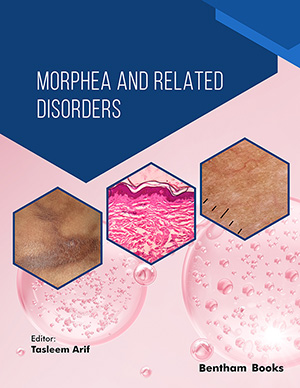Abstract
Background: The digital revolution has changed healthcare forever. In adolescent psychiatry, the infrastructure of our practice – billing, record-keeping and communication with patients and colleagues – is increasingly occurring electronically and online. Adolescent psychiatrists are likely to interface with technology in their practice, in part because of the high prevalence of use of social media among their patients and also among practitioners. Online professionalism means adhering to the clinical, ethical and legal principles of professional behavior while communicating via the Internet. Due to the unique characteristics of digital technology, professionalism breaches involving technology are easier to commit and have the potential for a broader impact than communication with traditional media. Physicians’ lapses in professionalism online have been documented by the media, researchers and state medical boards, and physicians have increasingly faced various kinds of censure for such lapses. Professional guidelines are emerging; however, these documents do not always provide straightforward answers to complex clinical scenarios.
Method: This paper focuses on eight core issues in professionalism and digital technology: confidentiality, patient and practitioner privacy, liability, safety/mandated reporting, libel, netiquette, conflicts of interest and issues unique to psychotherapy. Each concept, as it applies to working with adolescents, is illustrated and discussed in the context of clinical vignettes. Thus, an overall conceptual framework and underlying thought process are emphasized here, rather than specific “do’s and don’ts.” While much of the research cited in this article is from studies of physicians, especially psychiatrists, the principles identified are applicable to all mental health professionals.
Results: Online professionalism concerns for mental health professionals who work with adolescents cover a wide range of activities and types of communication. They may be usefully grouped into eight domains: 1) confidentiality, 2) privacy, 3) liability, 4) safety/mandated reporting, 5) libel, 6) “netiquette,” 7) conflicts of interest, and 8) issues unique to psychotherapy.
Conclusions: Many situations do not have a clear-cut solution, but having an increased consciousness about and being able to think through relevant issues can prevent online professionalism breaches before they happen. Adolescent mental health providers need to exercise a judicious balance between embracing technology that serves to improve patient care and spurning online behaviors and digital modalities that threaten the fundamentals of professionalism.
Keywords: Confidentiality, conflicts of interest, digital technology, ethics, liability, libel, netiquette, online professionalism, privacy, psychotherapy, safety/mandated reporting, social media.

























